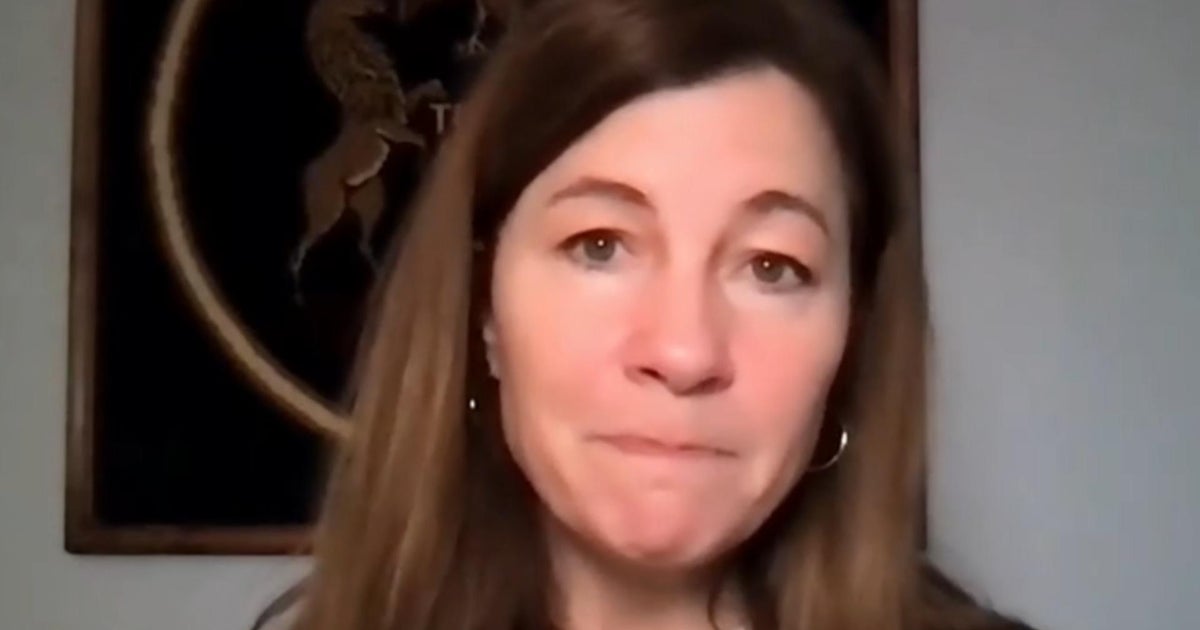Star Tribune
Ash borer, drought and storms topple Twin Cities trees

The Twin Cities tree tops have changed since Sydney Hudzinski began climbing into them five years ago.
More twigs are dying. Some leaves change colors early. Many show signs of emerald ash borer damage. Mature, sensitive trees are especially stressed, while others still seem to be thriving.
“It’s been an interesting year,” said Hudzinski, a Plymouth forestry technician who spends her workdays climbing to the tops of city trees to evaluate their condition and prune them.
It’s been an especially busy year for forestry teams throughout the Twin Cities metro area. Severe storms followed years of drought, just as the emerald ash borer damage is approaching a predicted peak. Some trees fell down. Others were removed. Leafy neighborhoods are little more sparse.
“The Twin Cities is gonna suffer, is suffering, will suffer more from a community perspective than the rest of the state, just because there is just such a huge density of community ash trees through that urban area,” said Mark Abrahamson, plant protection division director for the Minnesota Department of Agriculture.
The emerald ash borer is an invasive beetle that burrows into trees, depositing larvae that eventually starve the tree by severing the channels it uses to take in water and nutrients. It’s always fatal.
Borer damage “really exploded” in St. Louis Park between 2022 and 2023, said Michael Bahe, the city’s natural resources manager.
Crews sprayed paint onto dying trees, marking them for removal. Old trees that provided lots of shade have been replaced by newer ones that will take years to grow to full size.
Star Tribune
Law enforcers in Minnesota say they’re ready to deal with any polling place disruptions

As for complaints related to any disruptions at a polling place, Luger added, those should be reported to local election officials. Concerns about violence, threats of violence or intimidation at a polling place should be reported immediately to local law enforcement by calling 911, he said.
Bloomington Police Chief Booker Hodges said that while he’s not aware of any active threats to polling places in his city or elsewhere in Minnesota, “I an assure you we will have extra resources on hand, and we are prepared for anything that may occur.
“We want you to be safe when you go out and vote,” the chief for Minnesota’s fifth-most populated city with more than 87,000 residents added. “Rest assured, Bloomington, we’re going to do everything we can to make sure that your voting is safe.”
Vigilance to keep in-person voting safe from threats or obstruction extends well beyond the Twin Cities.
Willmar Police Capt. Michael Anderson said his department’s staff “met with election judges and went over contingency plans in the event of an emergency. Also, we have added additional patrol staff during voting times.”
The Duluth Police Department said in a statement it “continues to monitor intelligence information regarding any threats to the security of our local polling places, or the election in general.”
Star Tribune
Arbitration over Timberwolves, Lynx ownership begins for Glen Taylor and Alex Rodriguez, Marc Lore

The proceedings will end with either closing arguments or closing briefs, which are written and submitted. The panel will take an agreed-upon amount of time — it could be weeks or months — to make a decision.
“Once they read everything and come to their own conclusions, they have a meeting and then they hash out what they think the decision should be,” Remele said. “It can be 2-1, it can be unanimous. As panel members, you really try to get consensus. That is the whole idea. But sometimes that’s not possible.”
There will be no gray area in the decision. The arbitrators will say whether Lore and Rodriguez failed to execute the purchase agreement or if Taylor erred in canceling the sale.
“Arbitration awards are virtually unappealable,” said Terrence Fleming, a lawyer at Fredrikson who specializes in business litigation. Fleming said, as a practical matter, whatever the panel decides will be final.
“It’s typically very simple and there is no explanation behind it,” Fleming said. “I would guess in a case like this that both parties would request a reasoned award in which they lay out in detail how they came about to their decision.”
Egregious examples of fraud or bias — for instance if one of the arbitrators didn’t disclose their relationship with either party — could be grounds for appeal, but both Remele and Flemming said it’s extremely rare.
Star Tribune
Federal regulators increasingly taking regulatory actions against MN community banks with fintech partners

The Federal Deposit Insurance Corp. and the North Dakota Department of Financial Institutions also directed Choice Financial’s board to “at least monthly” discuss “customer identification” requirements and the bank’s ”relationship with third party providers of financial services and products.”
Choice Bank, which declined to comment, has 20 branches in North Dakota and Minnesota, and several of its executives are based in Golden Valley.
Federal regulators have hit banks that partner with fintechs with a higher rate of enforcement actions over the past year.
Of the roughly 4,500 banks in the U.S., about 150 partner with fintech firms, estimated Haggerty, of Klaros.
Yet fintech partner banks were the target of 35% of all enforcement actions in the first three months of 2024, and 11% and 19%, respectively, in the second and third quarters, according to a Klaros analysis.
“The numbers are pretty staggering,” Haggerty said.




